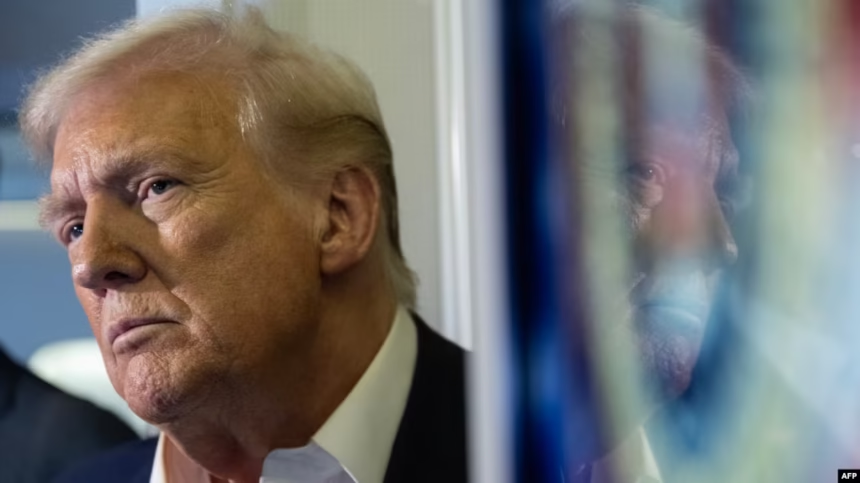The British public broadcaster BBC has issued an apology to U.S. President Donald Trump after airing a documentary that Trump’s legal team described as “false” and “defamatory”, escalating into one of the network’s most serious crises in recent years.
The apology comes amid mounting pressure following threats of a $1 billion lawsuit from Trump’s lawyers, who demanded a full retraction, a public apology, and financial compensation.
Leadership Resigns Amid Scandal
The controversy has already triggered significant internal fallout. BBC Director-General Tim Davie and Head of News Deborah Turness both resigned, acknowledging the gravity of the editorial breach involving the manipulated documentary.
In a statement, a BBC spokesperson confirmed the documentary will not be re-broadcast on any BBC platform, while rejecting accusations that the film was intentionally defamatory.
What Was Altered in the Documentary?
The dispute centers on the way the documentary edited Trump’s 6 January 2021 speech.
The film portrayed Trump as saying:
“We will walk to the Capitol and I’ll be there with you and we will fight. We fight like crazy, and if you don’t fight like crazy, you will no longer have a country.”
However, Trump’s actual words were:
“We’re going to walk down to the Capitol to cheer on our brave senators and congressmen,”
and 54 minutes later, he added:
“We’re going to fight like hell.”
The altered montage, Trump’s legal team argued, created a misleading and inflammatory impression of the president’s remarks and intentions.
Trump: BBC Made My Speech ‘Sound Radical’
In an interview with Fox News on 11 November, Trump said the British broadcaster “destroyed” what he described as a “beautiful” and “calming” speech, accusing the BBC of manipulating it to appear extreme.
“They made it sound radical,” Trump said. “They ruined the tone completely.”
A History of Legal Threats — But This Time Different?
Trump is known for issuing legal threats without always filing lawsuits. However, in recent months he has pursued legal action against The New York Times and The Wall Street Journal over unrelated disputes, raising the possibility that his challenge against the BBC might proceed further.
The scandal marks a rare and deeply damaging moment for the BBC, raising questions about editorial oversight, accountability, and political sensitivities in international reporting.







